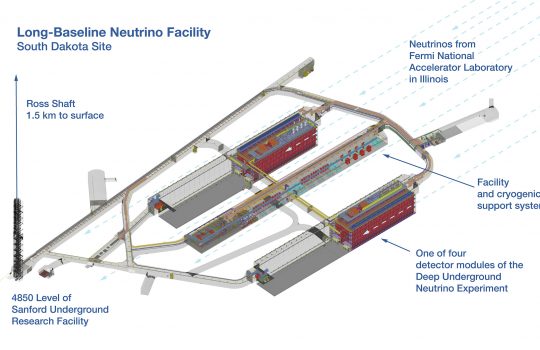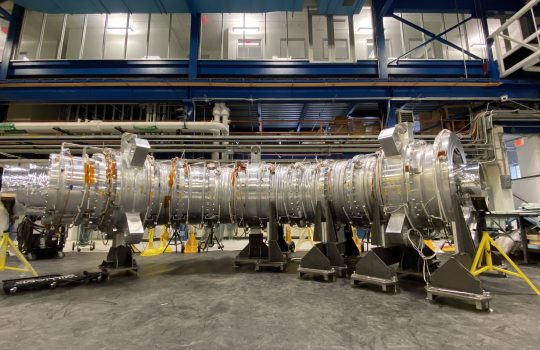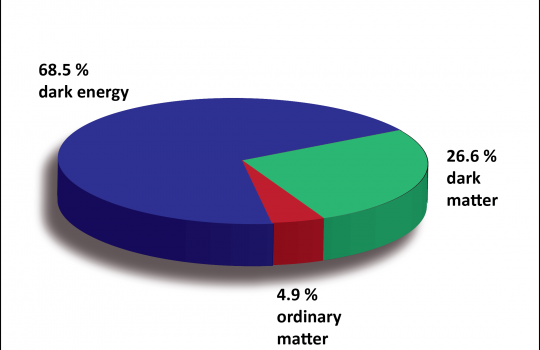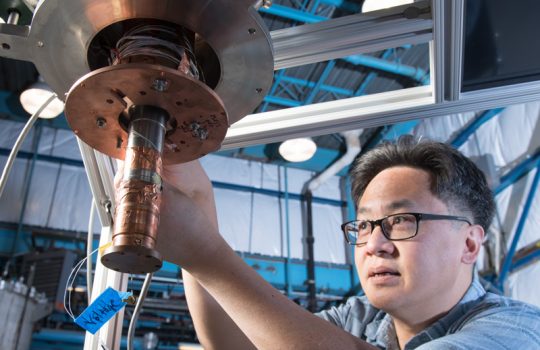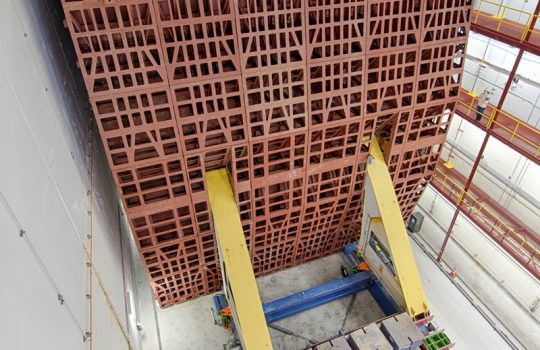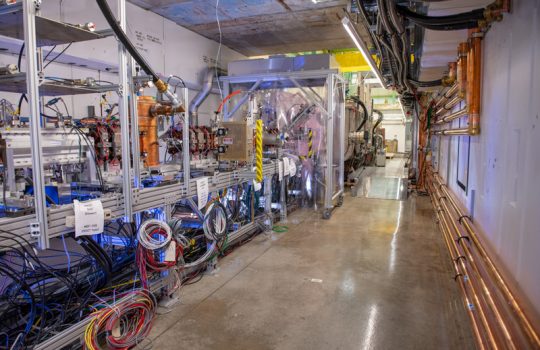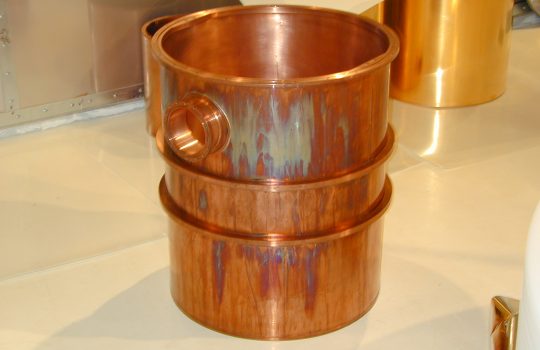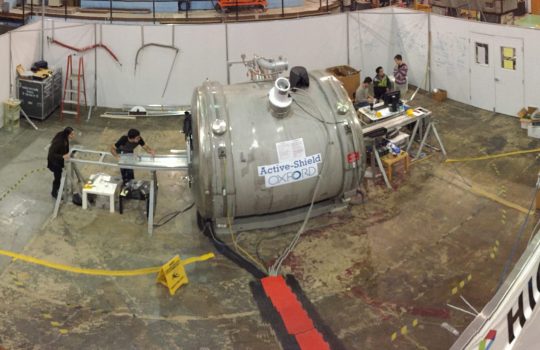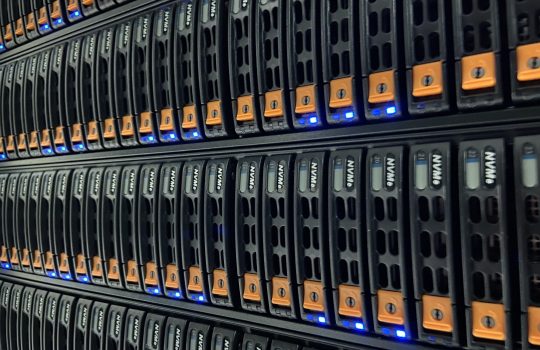Contract awarded for the excavation of gigantic caverns for the Deep Underground Neutrino Experiment
This month, Thyssen Mining Inc. was awarded the contract to excavate the gigantic caverns for Fermilab’s Long-Baseline Neutrino Facility. Excavation crews will drill, blast and remove approximately 800,000 tons of rock to create the underground space for LBNF. When complete, the facility will house the enormous particle detector for the international Deep Underground Neutrino Experiment, hosted by Fermilab.

